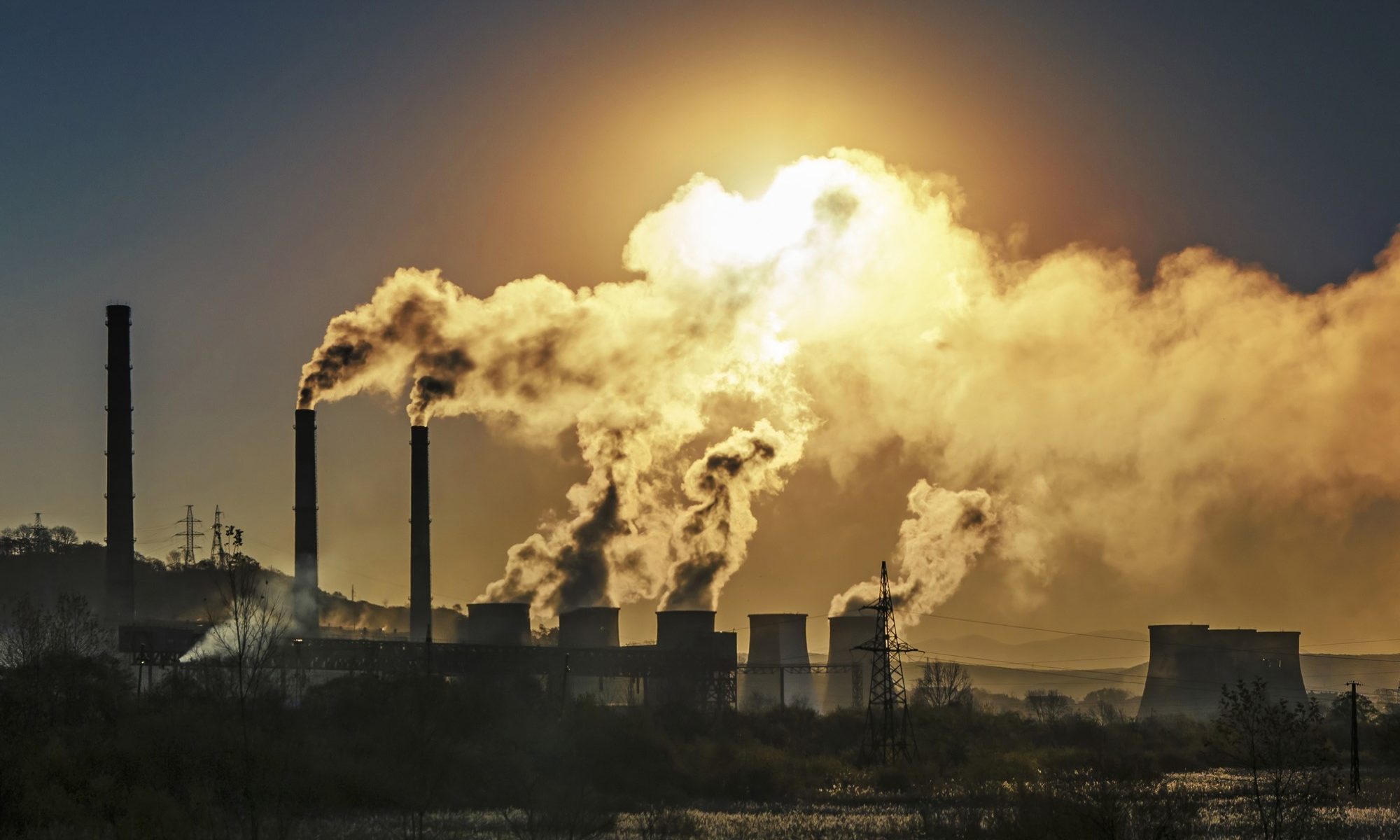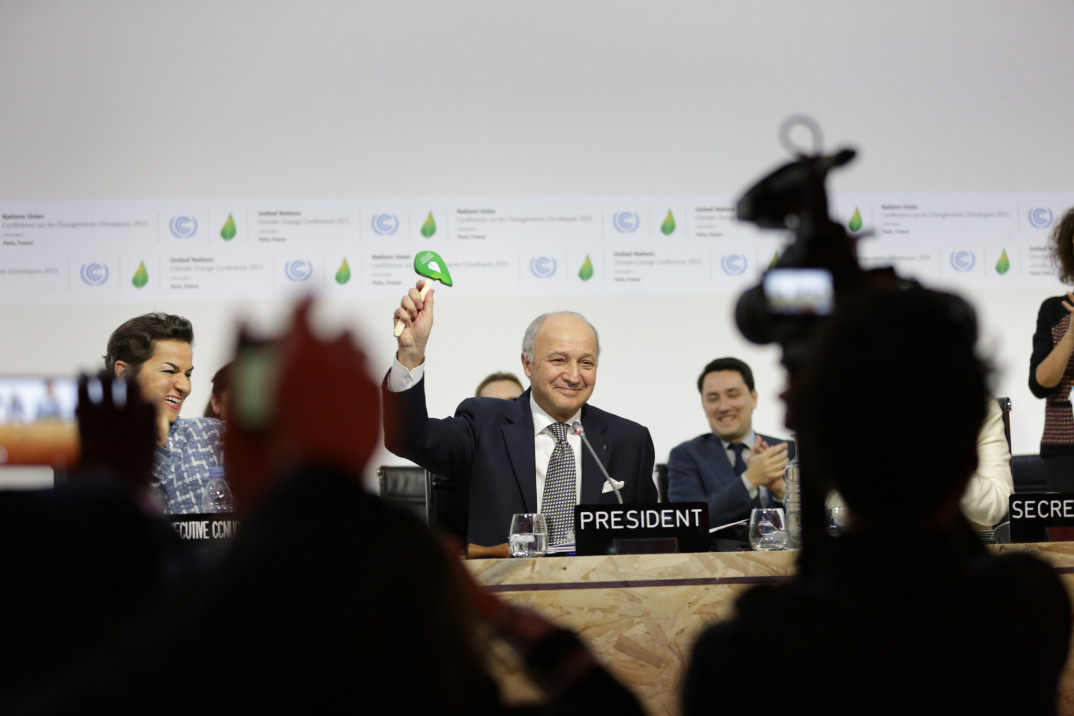On March 20th, Biden used the first veto of his presidency to defend a labor department rule allowing for ESG or Environmental, Social, and Governance investing with managed retirement accounts. Bans on such investment with government-held assets (like government employee retirement funds) have been marching through the states. Kansas, on April 6th, became the eighth state to restrict ESG investing.
At its core, ESG investing is simple. Corporations release a number of metrics related to environmental, social, and corporate governance – everything from carbon emissions to the percentage of women in executive positions. ESG investing is nothing more than investing that takes ESG metrics into consideration when deciding where to invest. So what makes this practice so controversial that Biden had to use a presidential veto to defend it?
ESG is the latest in a long line of ostensibly more ethical, or at least more socially and environmentally aware, approaches to investing. Janet Prindle, for whom The Prindle Post is named, was a pioneer of ethical investing. She avoided investing in companies that produced alcohol, tobacco, or weapons, and sought to invest in companies that treated their employees well. ESG metrics can help to facilitate these kinds of investment decisions.
To be clear, the aim of ESG investing is not explicitly about achieving social or environmental goals. It exists on the conservative end of a spectrum of socially conscious investment approaches that include Socially Responsible Investing (SRI) and impact investing. ESG investing makes use of environmental, social, and corporate governance metrics; socially responsible investing invests specifically in companies or industries that meet certain ethical standards; impact investing seeks a specific social or environmental result. In public discussion, however, these different approaches are often blended together.
Progressive critics have argued that many companies are using ESG metrics to appear socially or environmentally responsible when they in fact are not. Others worry if investment is even a viable tool for solving major social and environmental problems (also see The Prindle Post’s discussion of “woke capitalism”).
However, the dominant concern about ESG investing in American politics has been whether it violates fiduciary responsibility – the ethical and legal principle that essentially says, if you are given money to invest on someone else’s behalf, then you need to act in their interests.
What precisely fiduciary responsibility entails is contentious. One influential, and radical, position was staked out by the conservative economist Milton Friedman, who argued that fiduciary responsibility meant maximizing returns for investors. Although fiduciary responsibility generally also requires other virtues of investors such as transparency (disclosure), loyalty, and good faith. (Technically, Friedman was discussing corporate governance and not investment management but the logic carries over.)
In actuality, fiduciary responsibility will vary with the interests of the investor. For example, an investor could choose to put money under the management of someone with the expectation that their priority will be to maximize positive environmental impact. Investors are obviously allowed to choose such investments. Republicans have focused their criticisms on certain managed assets, like retirement funds, where the person who actually owns the asset (the future retiree) does not have full control over how it is invested.
Let us grant for the moment the manager of a retirement fund has a fiduciary responsibility to maximize returns. If it were the case that ESG investing delivered lower returns, then it could be argued that ESG investment is an abdication of fiduciary responsibility. In a joint statement by 19 Republican governors, they sought to ensure “corporations are focused on maximizing shareholder value, rather than the proliferation of woke ideology.”
However, ESG investments do not appear to deliver generally lower returns. BlackRock, the world’s largest investment management firm, contends that “climate risk is investment risk, and that integrating climate and sustainability considerations into investment processes can help investors build more resilient portfolios and achieve better long-term, risk adjusted returns.” Even the labor department rule (which Congress tried to strike down and Biden ultimately protected by veto) only allowed for retirement fund managers to consider ESG metrics to improve returns. While ESG metrics can be leveraged to all kinds of ends — someone could use the information to create a fund of only stocks with very high carbon emissions — in most cases, the aim of ESG investing practices is simply better return on investment.
One could of course object to ESG investment on the basis of the nature of the investments. If someone, for whatever reason, does not like alternative energy then they may not want environmental factors being considered for the management of their assets. This may make sense at the level of an individual investor, but it does not provide an easy principled basis on which a politician can restrict the use of ESG information. The cynical interpretation of at least some political opposition to ESG would be that it is ultimately about protecting certain industries, such as fossil fuels, that stand to lose in ESG investing approaches. And indeed, frequent backers of fossil fuel interests seem to be behind the opposition.
For advocates of a strict financial return approach to investment, ESG is no threat. For advocates of certain social and environmental goals, ESG is no panacea. ESG metrics simply provide more information, usually in the service of increasing investment returns. It does, however, raise one very interesting question: if it genuinely were the case that investments that considered such factors as environmental sustainability were unable to achieve equivalent return on investment, would that be an acceptable regulatory environment? Or should the legal landscape be such that the neglect of environmental and social factors always costs corporations (whether through fines or litigation) more in the long run?






